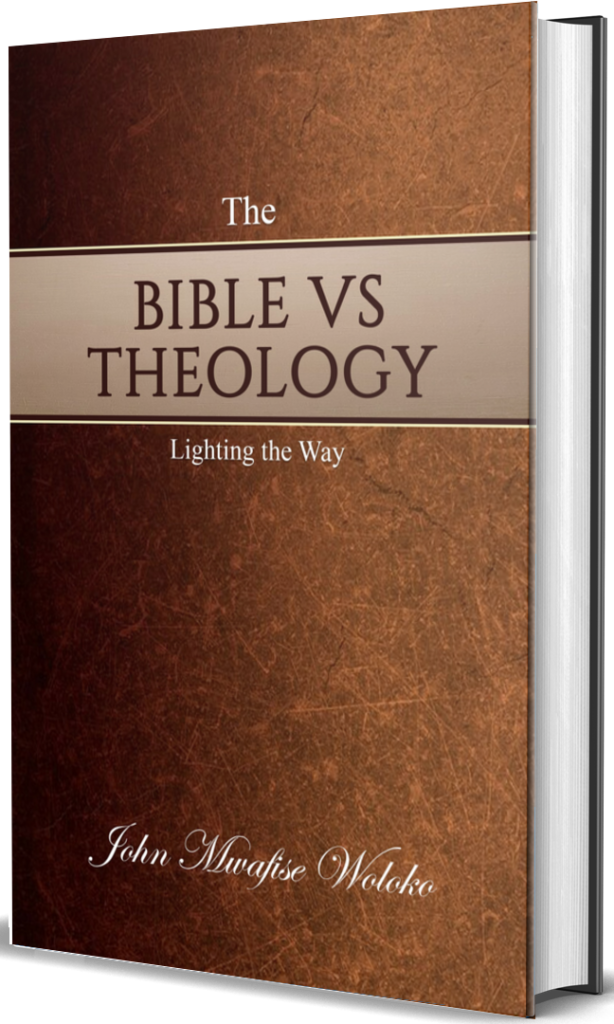Key Points for Interpretation of Scripture
When interpreting the content of the Bible, there are many factors to consider. Some of them comprise the writer’s context, the intended meaning, context of Bible times, translation difficulties, the original audience, and the Holy Spirit’s way of applying the message today.
Many preachers selectively choose verses from the Bible that suit their preferences and build theologies that do not align with reality or present truth. Some often refer to the laws of Moses in the Old Testament to justify divorce and vengeance. Others take verses about liberal giving in Paul’s letters to churches and reframe them as doctrines promoting tithing.
The reason for these misunderstandings is our failure to practice what we teach in theological schools, Sunday sermons, and discipleship schools. We are quick to declare that everything points to Jesus in our words. However, our actions contradict our words in practicing what we preach.

For a correct understanding of the Scriptures, the Holy Spirit must primarily lead the interpreter to observe Jesus’ actions. Jesus is the perfect role model for us to follow. We should adopt his course of action, even though there are certain topics for which we can’t observe much action from Him. Marriage is one example. He didn’t marry because we are His bride. Our wedding ceremony will take place at the end of this current setting.
The next thing to look at after Jesus’ actions is what He says about the topic. While He may not directly involve practically Himself in marriage issues, He offers guidance on what a Christlike marriage looks like.
There are situations where He doesn’t engage in practical action or provide a lot of insight on the topic. That is the case with the church lifestyle. During His time on earth, He focused on preparing minds for the church age in His Gospels. There are few direct instructions from him on dealing with church administration issues.
Therefore, we examine the actions and words of the Apostles and Early Believers. The Holy Spirit intentionally recorded the acts and words of those early individuals in the Bible because they were direct eyewitnesses. Jesus used them to establish the foundation we currently rely on. The Acts and Letters serve as a record of their actions and words for us to learn from. There is a lot in them on how to handle church issues.

Once we complete this step, we can proceed to what the rest of the Bible says about the topic. In this way, everything points to Jesus and we truly engage in ‘‘…bringing every thought into captivity to the obedience of Christ’’ (2 Corinthians 10:5).
If you randomly select verses to construct theologies, you’re likely to interpret them with bias and prejudice. Ultimately, you end up with an interpretation that contradicts others in the Body of Christ, rather than being guided by the Holy Spirit and pointing to Christ.
Feel free to connect with me on YouTube, TikTok, FB, FB-Strong Meat, Twitter, or visit my blog for more insightful articles. Join in by sharing your comments and spreading the message within your community.
#Bible #theology #Christianeducation #Bibleinterpretation #Christianlifestyle #Kingdomlifestyle #Christianliving #Bibleknowledge #share #booklover #preach #teach #evaluation #reason #authentic #compare #seek #reason #about God #theology is a method #God’s will
Preach what is authentic, teach what needs authentication to allow an evaluation through reason.



